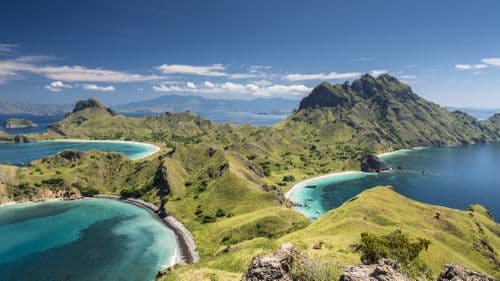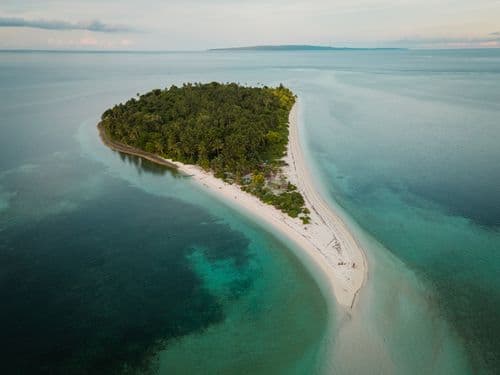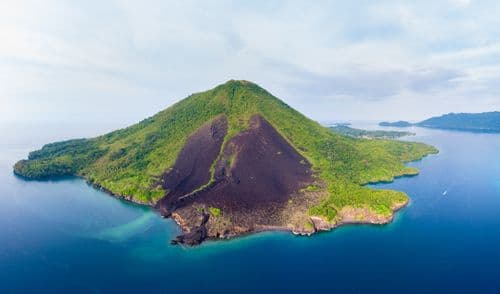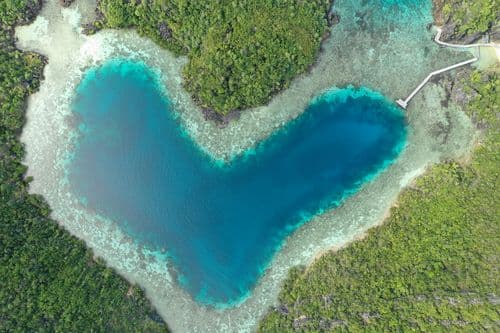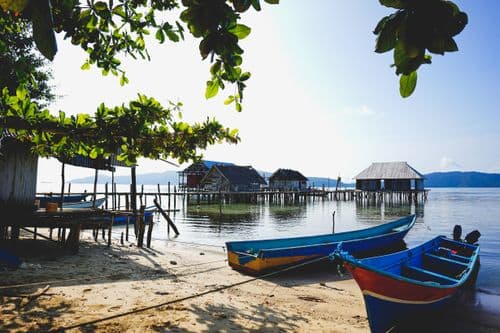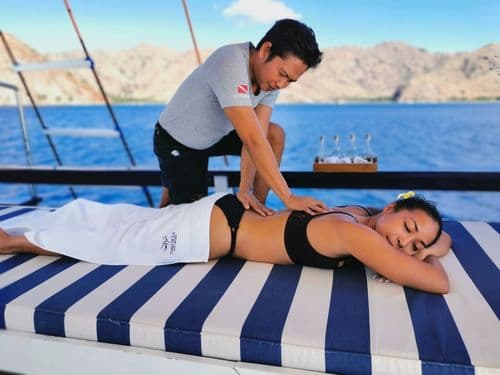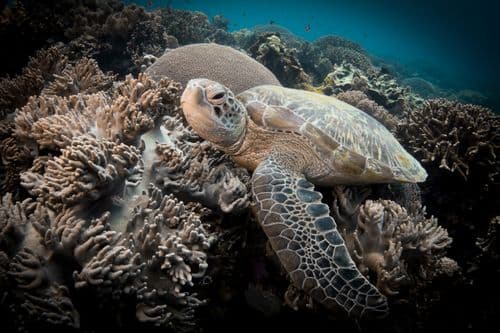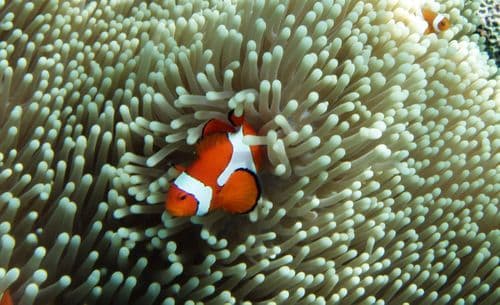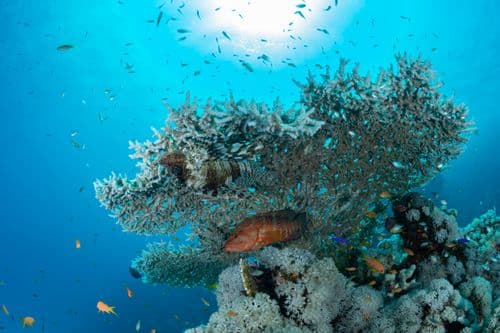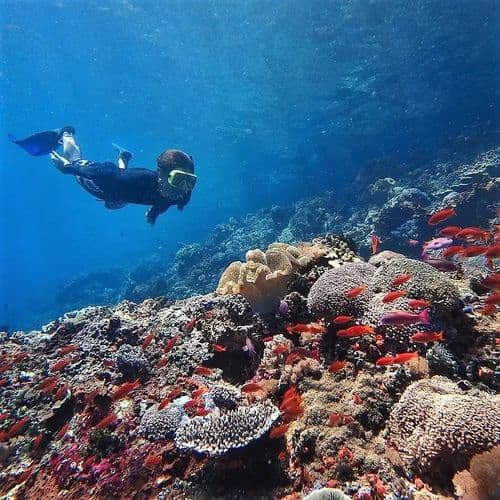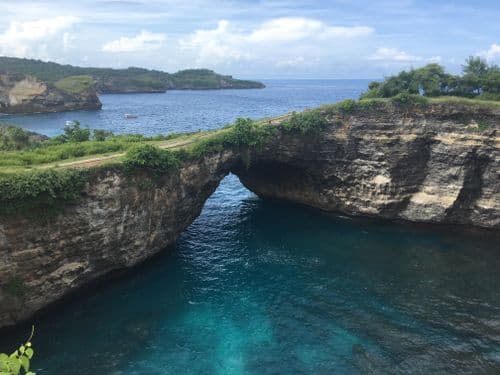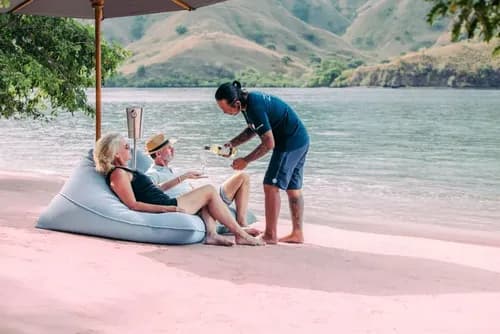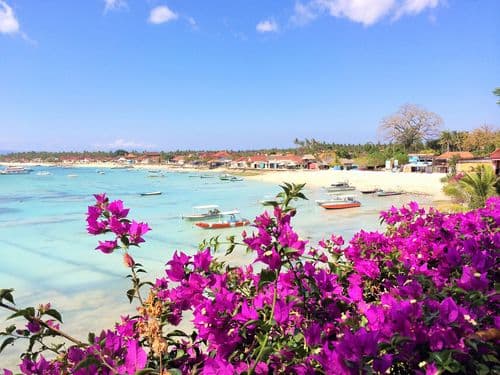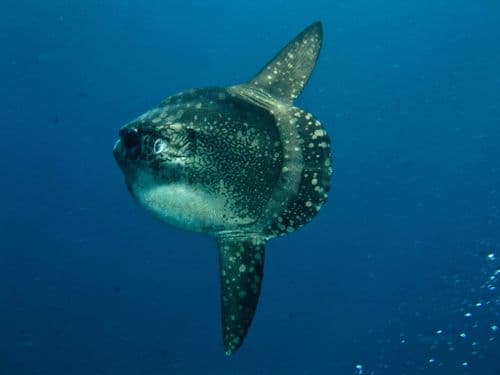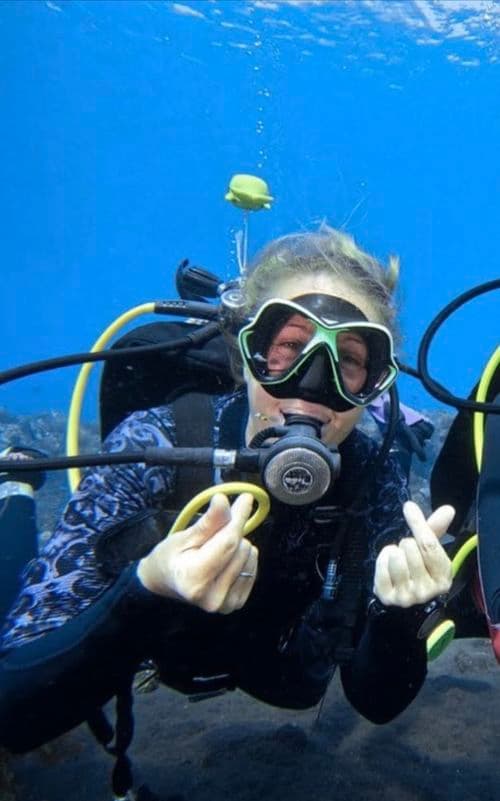
Health and Safety Tips for Diving in Indonesia
Essential tips for safe and healthy diving adventures in Indonesia
Are there any health and safety tips for diving in Indonesia?
Diving in Indonesia is generally safe, but like any dive destination, there are potential health risks to be aware of. These include:
- Decompression Sickness (DCS): Also known as "the bends," DCS occurs when nitrogen bubbles form in the bloodstream due to rapid ascent. To avoid DCS, always follow safe ascent rates and make safety stops.
- Marine Stings and Bites: Indonesia's rich marine life includes some potentially hazardous creatures, such as jellyfish, stonefish, and sea urchins. Wearing a wetsuit and being mindful of where you place your hands and feet can reduce the risk of stings and bites.
- Sunburn and Dehydration: The tropical sun can be intense, leading to sunburn and dehydration. Protect yourself by using high-SPF sunscreen, wearing protective clothing, and drinking plenty of water.
How can I prevent decompression sickness while diving in Indonesia?
Preventing decompression sickness involves adhering to safe diving practices:
- Plan Your Dive: Use dive tables or a dive computer to monitor your depth and bottom time. Plan your dives conservatively, especially if you’re diving multiple times a day.
- Ascend Slowly: Follow a safe ascent rate of no more than 18 meters (60 feet) per minute. Always make a safety stop at 5 meters (15 feet) for 3-5 minutes.
- Stay Hydrated: Dehydration can increase the risk of DCS. Drink plenty of fluids before and after dives, but avoid alcohol and caffeine, which can dehydrate you.
- Avoid Flights After Diving: Wait at least 18-24 hours after your last dive before flying to reduce the risk of DCS.
What should I do if I encounter hazardous marine life?
Encounters with hazardous marine life are rare, but it’s important to know how to react:
- Stay Calm: Most marine creatures are not aggressive and will not attack unless provoked. Maintain a safe distance and avoid touching marine life.
- Use Protective Gear: Wearing a full wetsuit, gloves, and booties can provide protection against stings and cuts.
- Know First Aid: Learn basic first aid for marine stings and bites. Rinse stings with vinegar, remove tentacles with tweezers, and immerse the affected area in hot water to relieve pain.
What are some general health tips for divers in Indonesia?
- Get a Pre-Dive Medical Check: Ensure you’re fit to dive by getting a medical check-up before your trip. Inform your dive operator of any medical conditions.
- Stay Fit: Good physical fitness enhances your diving experience and reduces the risk of injuries. Engage in regular exercise and maintain a healthy diet.
- Follow Dive Briefings: Listen to your dive guide’s briefing carefully. They will provide important information about the dive site, potential hazards, and emergency procedures.
- Use Reliable Equipment: Always use well-maintained and reliable diving equipment. Inspect your gear before each dive to ensure it’s functioning properly.
How can I protect myself from sunburn and dehydration?
- Use Sunscreen: Apply a high-SPF, reef-safe sunscreen to all exposed skin. Reapply frequently, especially after swimming.
- Wear Protective Clothing: Use UV-protective clothing, hats, and sunglasses to shield yourself from the sun’s rays.
- Stay Hydrated: Drink plenty of water throughout the day. Avoid excessive alcohol and caffeine, which can contribute to dehydration.
Are there specific vaccinations or health precautions I should take before traveling to Indonesia?
Before traveling to Indonesia, consider the following health precautions:
- Vaccinations: Check with your healthcare provider for recommended vaccinations, which may include hepatitis A and B, typhoid, and tetanus. Depending on your travel plans, malaria prophylaxis may also be advised.
- Travel Insurance: Ensure you have comprehensive travel insurance that covers diving-related incidents. Verify that your policy includes emergency evacuation.
- Avoid Tap Water: Drink bottled or purified water to prevent waterborne illnesses. Be cautious with ice and uncooked foods that may have been washed in tap water.
By following these health and safety tips, you can enjoy a safe and memorable diving experience in Indonesia. For personalized dive trip recommendations and expert advice, contact us today!

